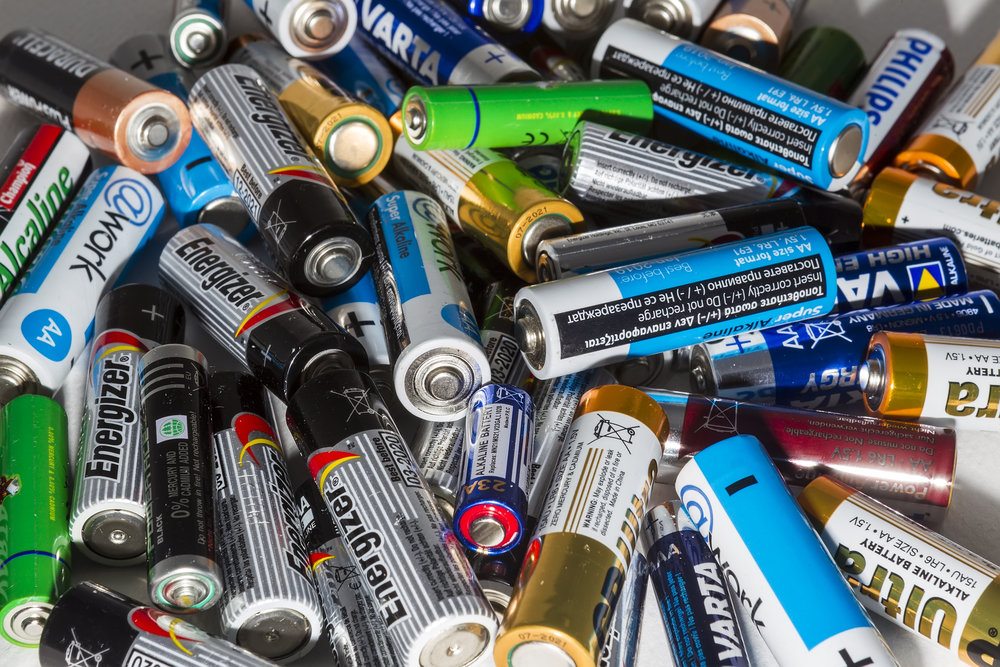
The bills cover a wide range of items, from single-use plastics at lodging establishments to blades for wind turbines. | Ververidis Vasilis/Shutterstock
Washington state legislators sent to the governor’s desk a bill that sets up an extended producer responsibility program for batteries.
SB 5144 passed out of the Senate on March 7 and the House on April 6. It covers portable batteries and, beginning Jan. 1, 2029, medium format batteries, which are primary batteries weighing more than 4.4 pounds but not more than 25.0 pounds and rechargeable batteries weighing more than 11.0 pounds but not more than 25.0 pounds.
It excludes batteries in medical devices, lead-acid batteries that weigh more than 11.0 pounds and embedded batteries that are not intended or designed to be easily removable with no more than commonly used household tools.
The bill prohibits specific point-of-sale fees to consumers to fund the program, instead requiring each producer or battery stewardship organization to cover the full costs. It sets a deadline of July 1, 2026, for battery stewardship organizations to submit plans that propose performance goals, education and outreach, collection site safety training procedures, funding, collection strategies and end markets.
The targets set in the legislation are a recycling rate of at least 60% for rechargeable batteries and at least 70% for primary batteries, though no deadline is given in the legislation.
The bill requires at least one permanent collection site within a 15-mile radius for at least 95% of residents and at least one permanent collection site for every 30,000 residents of an urbanized area and for every urban cluster of at least 30,000 residents.
Finally, SB 5144 directs the state Department of Ecology to create preliminary policy recommendations for managing electric vehicle batteries by Nov. 30, 2023.
More stories about batteries
- Electronics and battery recycling bill updates
- BHS-Sonthofen focuses on e-scrap offerings
- EPA to launch battery recycling work sessions in March